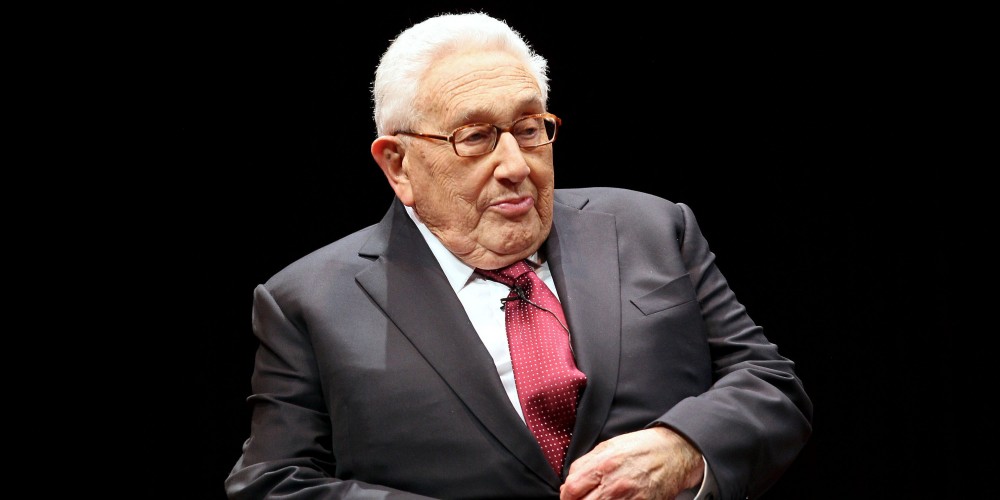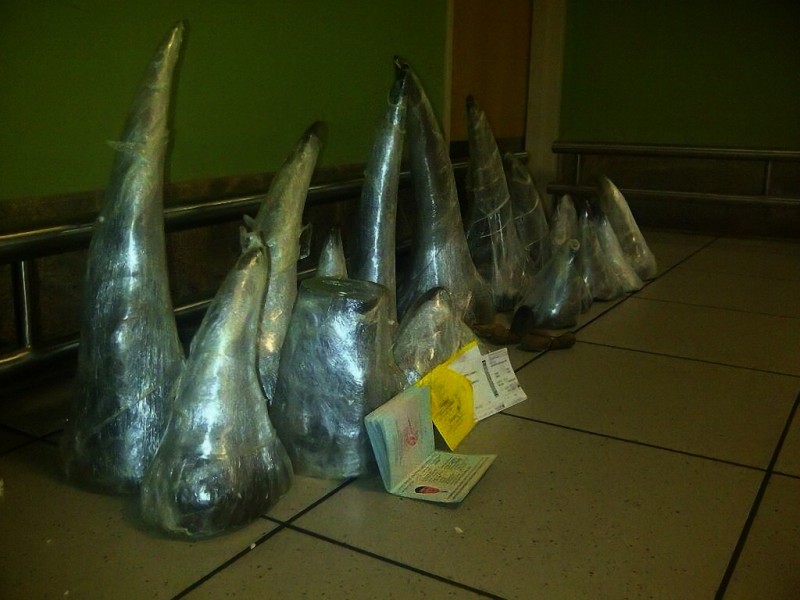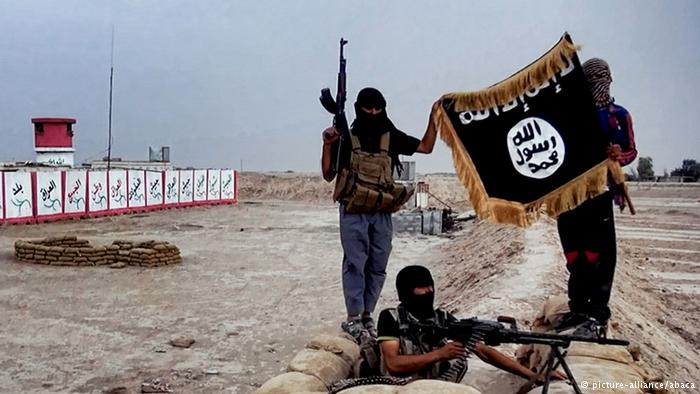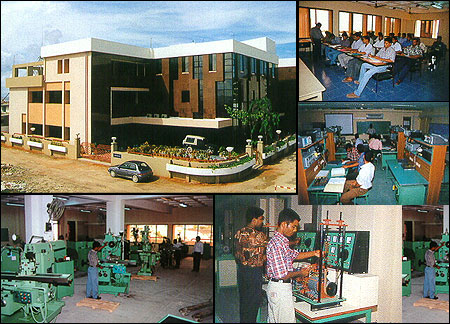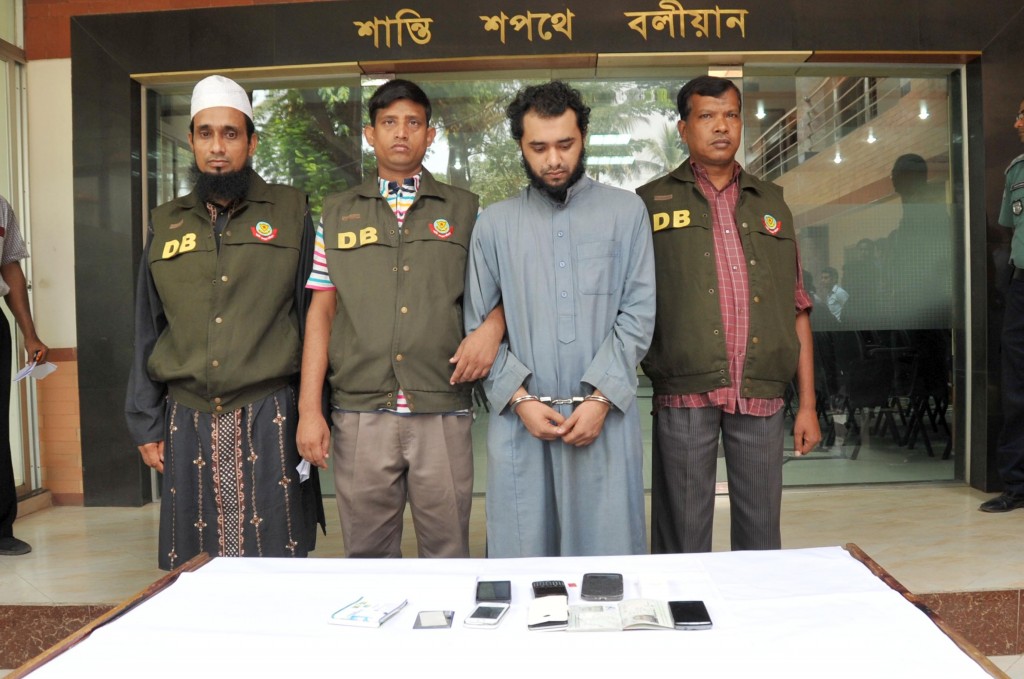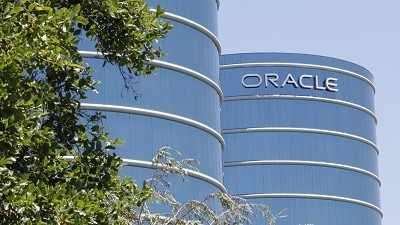e-News® | The NEWS Company…DHAKA, August 14, 2015 : Before the brutal murder of Bangabandhu on August 15, 1975 the visit of the US secretary of state, Henry Kissinger, was quite significant. On October 30, 1974 Kissinger made a 19-hour stopover in Bangladesh. During the visit he met Bangabandhu Sheikh Mujib for a couple of hours at the “Gonobhavan.”
According to US journalist Lawrence Lifschultz, “A month after Kissinger left Dhaka the conspirators at the US Embassy became active.” Prof Abu Sayeed in his book Bangabandhu: Facts and Documents and Lifschultz in his Bangladesh: The Unfinished Revolution writes about it elaborately. After talking to Bangabandhu, Kissinger addressed a press conference where he described Bangabandhu “as a man of vast conception”. When asked why he had sent the Seventh Fleet against such a man, Kissinger avoided a direct response and hurriedly left the conference room.
According to Lifschultz those who were aware of Kissinger’s plans at that time felt that Kissinger’s comments were a form of ridicule. Besides, when Bangabandhu went to New York to attend the UN session the Bangladesh Mission could not find a schedule for Bangabandhu with the US president, although that is the norm for first-time visiting heads of government. Later when Bangabandhu decided to visit Washington D C on his own the Americans hurriedly arranged a 15-minute appointment with the president. But the atmosphere was very cold.
However, Kissinger met Bangabandhu at New York where he was photographed with Bangabandhu. Apart from the US visit a number of other incidents also preceded Bangabandhu’s killings. In June 1974 Pakistan’s Prime Minister Zulfiqar Ali Bhutto visited Bangladesh and the media publicized the killings and barbarism of the Pak army in 1971 extensively. Later, on May 1, 1975 Vietnam was liberated. Bangladesh’s quick recognition of the socialist country from where the US had fled left a deep impression on the Americans. Besides, the visit of Khondoker Mushtaque Ahmed to Iran that year was also significant.







